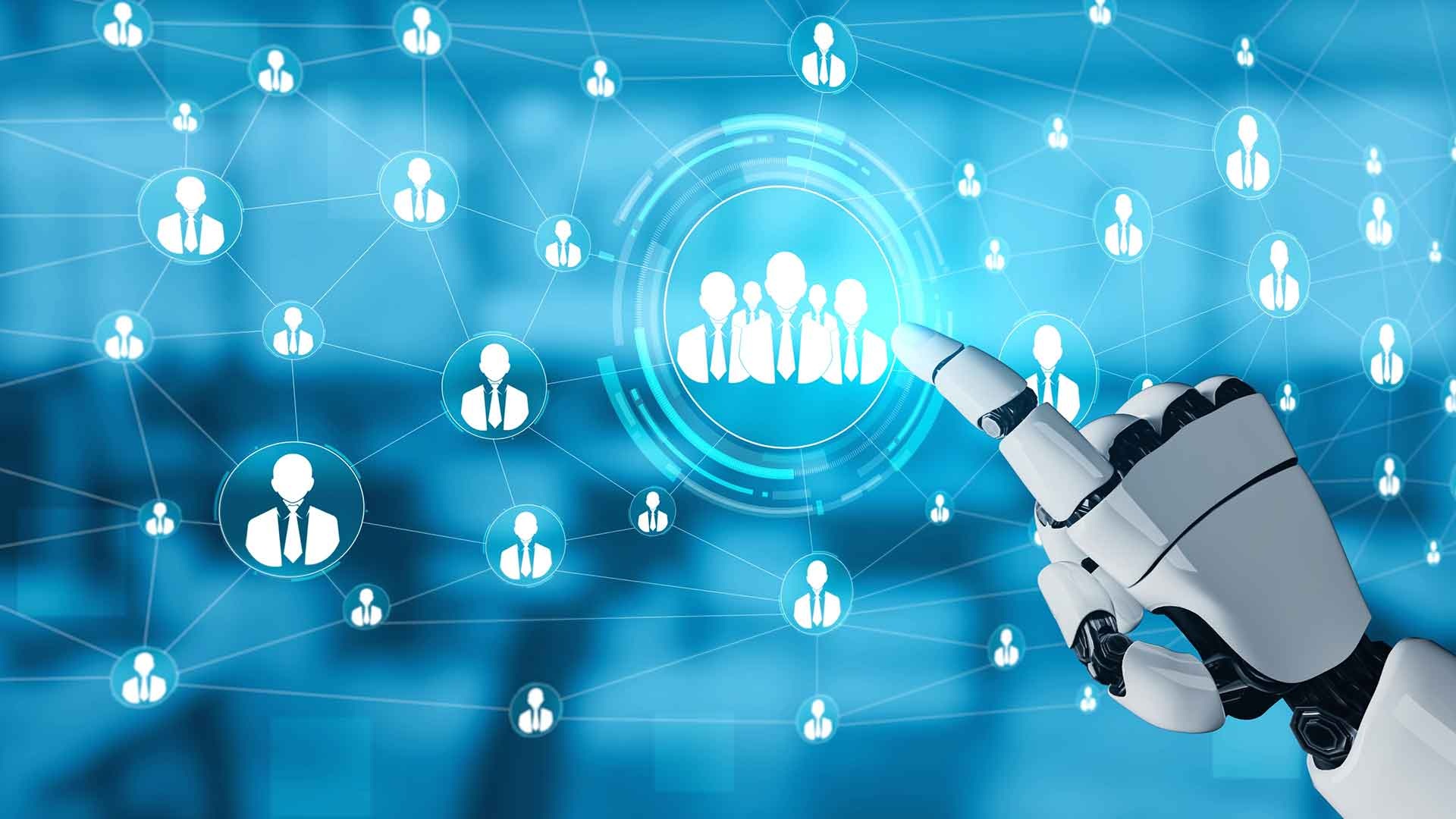The world of Human Resources (HR) is undergoing a significant transformation. With technological advancements and the rise of artificial intelligence (AI), HR departments are now leveraging automation tools to improve efficiency, enhance employee engagement, and drive overall performance. One of the most exciting developments in this space is human resources automation, which is changing the way organizations manage their workforce. By automating routine tasks and providing deeper insights, businesses are able to focus more on strategic initiatives, ultimately benefiting both employers and employees.
What is Human Resources Automation?
Human resources automation refers to the use of technology to streamline HR processes that were traditionally time-consuming and manual. From recruitment to payroll processing and performance management, automation can significantly reduce the workload on HR teams. By using advanced tools and software, HR professionals can automate tasks such as resume screening, employee onboarding, and benefits administration. This not only saves time but also reduces human error, ensuring more accurate and consistent results.
Intelligence automation for HR takes this a step further by incorporating AI and machine learning capabilities. These tools can analyze data in real-time, helping HR departments make data-driven decisions and gain valuable insights into employee performance, engagement, and retention. With human resources automation, HR teams can focus on strategic tasks such as talent development and employee satisfaction, rather than being bogged down by repetitive administrative duties.
Enhancing Employee Engagement
One of the most important aspects of HR is employee engagement, which directly impacts job satisfaction, productivity, and retention rates. Traditional HR practices often involve manual processes that can lead to delays or errors in communication, causing frustration among employees. With human resources automation, HR teams can improve the overall employee experience by providing quick responses to queries, streamlining feedback collection, and offering personalized solutions.
For example, automated surveys and feedback tools allow HR departments to gather insights from employees in real-time. By analyzing this data, HR professionals can identify trends and make proactive changes to improve the work environment. Automation tools can also be used to schedule regular check-ins with employees, ensuring that engagement levels are continuously monitored and maintained. By incorporating intelligence automation for HR, companies can create a more responsive and supportive environment for their workforce.
Boosting Performance Management
Performance management is another area where human resources automation can make a significant impact. Traditional performance reviews are often time-consuming, subjective, and inconsistent, leading to dissatisfaction among employees. However, by implementing automation tools, HR departments can streamline performance tracking and create more objective, data-driven assessments.
Intelligence automation for HR allows companies to track employee performance in real-time, providing both employees and managers with up-to-date information on progress and achievements. Automated performance reviews, when paired with data analytics, can offer insights into areas where employees are excelling and where they may need additional support or training. This fosters a culture of continuous improvement, as both employees and managers can collaborate more effectively to set goals and track progress.
Furthermore, automated performance management systems can help identify high-potential employees who may be ready for leadership roles or additional responsibilities. This allows organizations to take a more proactive approach to talent development and succession planning, ensuring that they are prepared for future growth.
The Benefits of Human Resources Automation
The benefits of human resources automation are vast, offering numerous advantages for both employers and employees. By automating repetitive tasks, HR teams can save valuable time and focus on more strategic initiatives. Additionally, automation helps improve accuracy and consistency, reducing the likelihood of errors that can affect employee satisfaction and company performance.
Human resources automation also enables HR departments to work more efficiently and cost-effectively. By eliminating manual tasks, HR professionals can dedicate more time to activities that directly impact employee engagement, performance, and retention. Moreover, automation tools can help organizations scale their HR operations more easily, ensuring that they can manage a growing workforce without the need for significant increases in HR staff.
Conclusion
In conclusion, human resources automation is transforming the way organizations manage their employees. By incorporating intelligence automation for HR, businesses can streamline processes, improve employee engagement, and drive performance. The result is a more efficient, data-driven HR department that is better equipped to meet the evolving needs of the workforce. As automation technology continues to advance, its potential to revolutionize HR practices will only grow, offering organizations the tools they need to stay competitive in an increasingly digital world.



